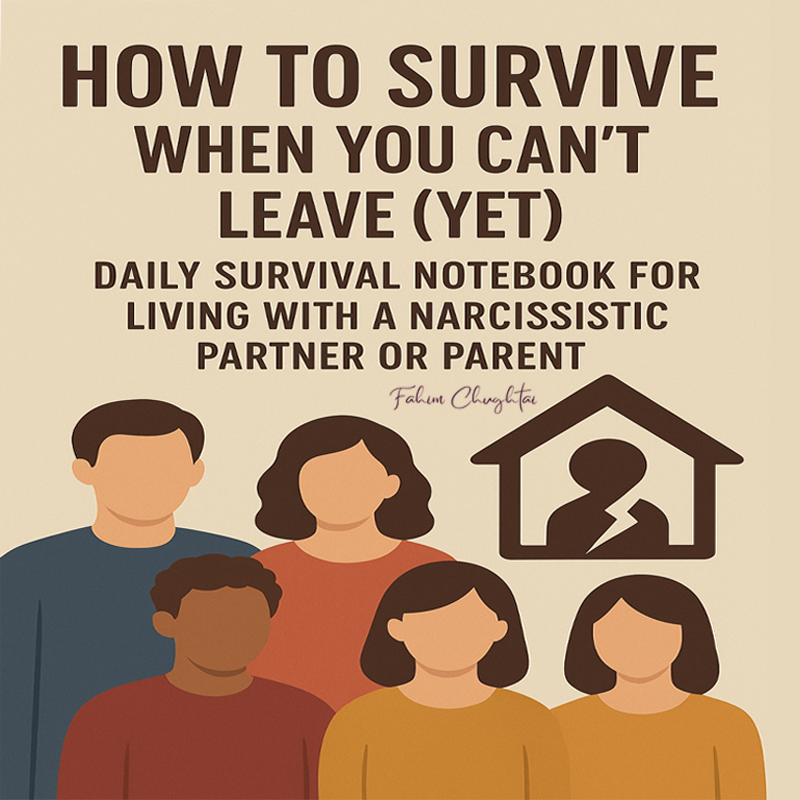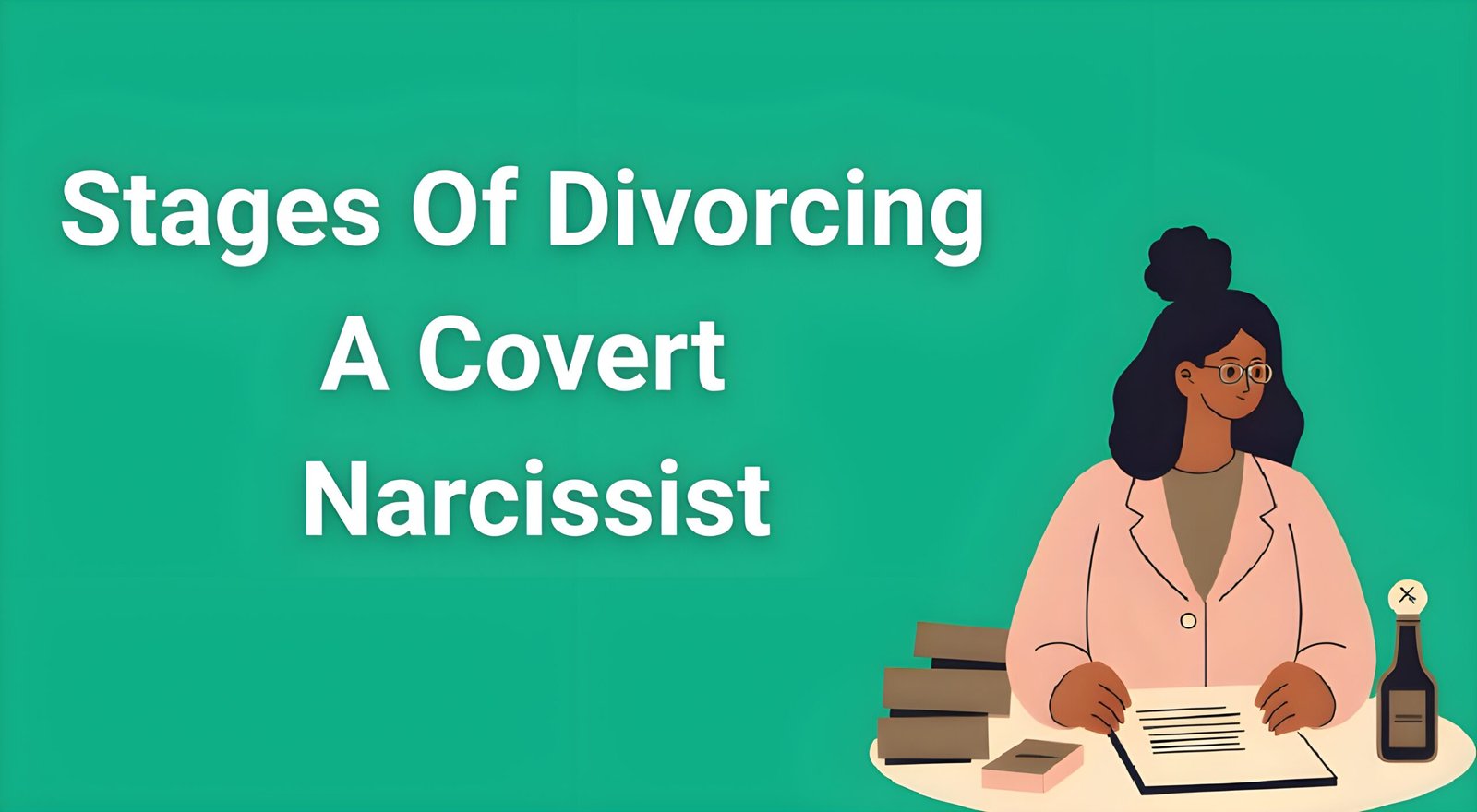If you’re questioning whether covert narcissists cheat, you’re likely experiencing the gut-wrenching uncertainty that comes with suspecting infidelity. The answer isn’t simple, but research shows that covert narcissists do cheat at significantly higher rates than the general population—and they’re devastatingly good at hiding it.
- Understanding the Covert Narcissist’s Hidden Nature
- Why Covert Narcissists Cheat: The Psychology Behind the Betrayal
- 11 Hidden Signs That Covert Narcissists Cheat
- The Devastating Impact of Covert Narcissist Infidelity
- Recognizing the Patterns: What to Do Next
- The Science Behind Trauma Bonding and Infidelity
- Recovery Strategies: Healing After Narcissistic Betrayal
- Understanding Your Options: When You Can’t Leave Yet
- Protecting Your Mental Health During the Discovery Process
- The Path Forward: Reclaiming Your Power
- Frequently Asked Questions
- Conclusion: Your Truth Matters
Unlike overt narcissists who might flaunt their affairs, covert narcissists operate in shadows, making their betrayals particularly insidious and emotionally damaging. Understanding their patterns isn’t just about satisfying curiosity; it’s about protecting your sanity and reclaiming your reality.
Understanding the Covert Narcissist’s Hidden Nature
Covert narcissists present themselves as humble, introverted, and even victims themselves. This carefully crafted facade makes their cheating behaviors particularly shocking when discovered. They possess the same core narcissistic traits—grandiosity, lack of empathy, and need for admiration—but express them through manipulation, victimhood, and passive-aggressive control.
Research published in the Journal of Personality indicates that individuals with vulnerable narcissism (which includes covert narcissists) show higher rates of infidelity, particularly when their self-esteem feels threatened. This isn’t random behavior; it’s a calculated pattern driven by their psychological needs.
Am I Dealing With a Covert Narcissist — or Just Toxic Behavior?
Why Covert Narcissists Cheat: The Psychology Behind the Betrayal
The Insatiable Need for Validation
Covert narcissists require constant external validation to maintain their fragile self-image. Unlike confident individuals who find security within themselves, they depend entirely on others’ admiration to feel worthy. When their primary relationship becomes familiar and the initial adoration fades, they seek new sources of validation.
This isn’t about love or even attraction—it’s about feeding an emotional void that can never be truly filled. Each new conquest provides a temporary boost to their self-esteem, creating an addictive cycle of seeking and discarding relationships.
Emotional Avoidance and Fear of Intimacy
Paradoxically, while craving attention, covert narcissists simultaneously fear genuine emotional intimacy. True connection requires vulnerability, something that terrifies them. Cheating becomes a way to maintain emotional distance while still receiving validation and attention.
They compartmentalize relationships, keeping each person in a separate box to avoid the discomfort of authentic emotional investment. This emotional compartmentalization makes betrayal easier because they never fully invest in any one relationship.
The Thrill of Deception
For many covert narcissists, the act of successfully deceiving their partner provides its own psychological reward. They derive satisfaction from maintaining their “innocent” image while engaging in secret behaviors. This creates a sense of superiority and control that feeds their narcissistic needs.
The ability to manipulate multiple people simultaneously reinforces their belief in their own cleverness and specialness, core components of their narcissistic identity.
11 Hidden Signs That Covert Narcissists Cheat
1. Excessive Phone and Digital Secrecy
While privacy in relationships is healthy, covert narcissists take secrecy to extreme levels. They guard their devices obsessively, frequently change passwords, and react with disproportionate anger if you accidentally see their screen. They may have multiple social media accounts, hidden messaging apps, or maintain different online personas.
2. Emotional Manipulation and Gaslighting
When questioned about suspicious behavior, covert narcissists excel at making you question your own perceptions. They’ll dismiss your concerns as paranoia, twist conversations to make you the aggressor, or use your past insecurities against you. This manipulation serves to protect their secret while destabilizing your confidence.
3. The Victim Mentality Shield
Covert narcissists masterfully position themselves as misunderstood victims. If confronted about potential infidelity, they’ll shift the narrative to focus on how they’re being “unfairly accused” or “constantly suspected.” This victimhood creates guilt in their partner and deflects attention from their actual behavior.
4. Inconsistent Attention Patterns
You’ll notice dramatic shifts between intense attention and cold withdrawal. During the “love bombing” phases, they shower you with affection to maintain control. During withdrawal phases, they’re emotionally absent, often because their attention is directed toward someone else.
5. Compulsive and Unnecessary Lying
Covert narcissists lie about everything, even trivial matters where truth would be easier. They construct elaborate stories and seem to enjoy the complexity of their deceptions. If they lie about small things, larger betrayals become easier to justify and execute.
6. Blame-Shifting and Projection
When caught in suspicious behavior, they immediately turn the tables. They might accuse you of being controlling, claim you “drove them” to seek attention elsewhere, or even project their own cheating by becoming paranoid about your activities.
7. Financial Secrecy and Unexplained Expenses
Covert narcissists often become secretive about money when cheating. You might notice unexplained charges, hidden accounts, or sudden defensive behavior about spending. Affairs require financial resources, and they’ll go to great lengths to hide these expenses.
8. Changes in Physical and Sexual Intimacy
Their cheating might manifest as either increased or decreased sexual interest. Some become more adventurous (introducing new techniques learned elsewhere), while others withdraw completely, claiming stress or fatigue. Both extremes can indicate outside emotional or physical involvement.
9. Social Media Behavior Changes
Watch for new online friends, increased activity during specific hours, or changes in posting patterns. They might become more image-conscious online, posting content designed to attract attention from potential partners while maintaining their “devoted partner” image.
10. Defensive Reactions to Normal Questions
Simple questions about their day, whereabouts, or plans trigger defensive or angry responses. They might accuse you of being “controlling” or “jealous” for asking normal relationship questions, using your emotional reactions to justify their secretive behavior.
11. Creating Emotional Distance
They systematically create emotional distance through criticism, silent treatments, or picking fights. This distance serves two purposes: it gives them psychological permission to cheat (“we’re not close anyway”) and makes you less likely to question their behavior as you focus on repairing the relationship.
The Devastating Impact of Covert Narcissist Infidelity
The betrayal of a covert narcissist cuts deeper than typical infidelity because it’s layered with gaslighting, manipulation, and systematic undermining of your reality. Victims often report feeling “crazy” or questioning their own perceptions, even when evidence is clear.
This type of betrayal frequently leads to:
- Complex trauma and PTSD symptoms
- Severe self-doubt and decision paralysis
- Difficulty trusting future partners
- Physical health problems from chronic stress
- Social isolation as the narcissist turns others against you
Understanding that your emotional response isn’t an overreaction—it’s a normal response to psychological abuse—is crucial for healing.
Recognizing the Patterns: What to Do Next
If you recognize these patterns in your relationship, you’re not imagining things. Trust your instincts. Your emotional responses to their behavior are valid, even if they’ve convinced you otherwise.
Many people in these situations find themselves trapped in endless cycles of suspicion, confrontation, gaslighting, and temporary reconciliation. Breaking this cycle requires understanding the deeper psychological dynamics at play.
For those seeking clarity about their specific situation, sometimes an outside perspective can provide the validation and insight needed to move forward. Professional analysis can help distinguish between normal relationship challenges and narcissistic abuse patterns, offering personalized strategies for protection and healing.
The Science Behind Trauma Bonding and Infidelity
One of the most confusing aspects of discovering a covert narcissist’s infidelity is why leaving feels impossible, even with clear evidence of betrayal. This phenomenon, known as trauma bonding, creates a neurological addiction to the relationship.
The intermittent reinforcement pattern—alternating between emotional highs and devastating lows—literally rewires your brain, making the relationship feel necessary for survival. This isn’t weakness; it’s neuroscience.
Research shows that trauma bonding activates the same neural pathways as substance addiction. The unpredictable nature of receiving love and validation creates a powerful psychological dependency that makes rational decision-making nearly impossible.
Breaking free from these bonds requires understanding the biological processes involved and implementing specific strategies designed to rewire these neural pathways. This process takes time, patience, and often professional support.
Recovery Strategies: Healing After Narcissistic Betrayal
Document Everything
Keep a private record of incidents, conversations, and your emotional responses. Covert narcissists excel at rewriting history, and documentation helps you maintain connection to reality when gaslighting intensifies.
Rebuild Your Support Network
Narcissists systematically isolate their victims from support systems. Reconnecting with friends, family, or support groups provides emotional validation and practical assistance during difficult decisions.
Establish Boundaries
Start with small boundaries and gradually build stronger ones. This process helps rebuild your sense of personal agency and tests the narcissist’s willingness to respect your needs.
Focus on Self-Care
Narcissistic abuse depletes your physical and emotional resources. Prioritizing sleep, nutrition, exercise, and stress management activities helps restore your resilience and decision-making capacity.
Consider Professional Support
Therapists specializing in narcissistic abuse understand the unique challenges you’re facing. They can provide specialized strategies for healing trauma bonds, rebuilding self-esteem, and planning safe exit strategies when appropriate.
Understanding Your Options: When You Can’t Leave Yet
Many people discover their partner’s infidelity but can’t immediately leave due to financial constraints, children, or other practical considerations. This situation requires specific strategies for emotional protection while navigating complex circumstances.
Living with a cheating covert narcissist while planning your future requires careful emotional management, strategic thinking, and often professional guidance to maintain your mental health during the transition period.
Protecting Your Mental Health During the Discovery Process
Discovering infidelity while dealing with a covert narcissist creates a perfect storm of emotional trauma. The betrayal itself is devastating, but the accompanying gaslighting and manipulation amplify the psychological damage exponentially.
Common reactions include:
- Obsessive thoughts about the betrayal
- Difficulty sleeping or concentrating
- Physical symptoms like nausea or panic attacks
- Feeling disconnected from your own emotions
- Questioning every memory and interaction
These responses are normal reactions to abnormal circumstances. Your nervous system is responding appropriately to psychological threat and betrayal.
The Path Forward: Reclaiming Your Power
Understanding that covert narcissists cheat—and recognizing their specific patterns—marks the beginning of reclaiming your power. Knowledge becomes your shield against manipulation and your compass toward healing.
Still Living With Them? You’re Not Helpless.

Remember that their behavior reflects their character, not your worth. Their need to cheat stems from internal emptiness that no external validation can truly fill. You cannot love them enough to change this fundamental aspect of their psychology.
Your healing journey may feel overwhelming, but every small step toward clarity and self-protection moves you closer to freedom. Whether you choose to leave immediately or need time to plan your exit, understanding these patterns empowers you to make informed decisions about your future.
The fog of confusion that accompanies narcissistic abuse will lift. Your ability to trust your instincts will return. The person you were before this relationship still exists, and healing will help you reconnect with that authentic self.
You’ve Seen the Patterns. Now Break the Bond.
Frequently Asked Questions
Q: Do all covert narcissists cheat?
A: Not all covert narcissists cheat, but research indicates they have significantly higher infidelity rates than the general population. Their need for validation, lack of empathy, and comfort with deception create conditions that make cheating more likely.
Q: How can I tell if my partner is a covert narcissist who’s cheating vs. someone with normal relationship problems?
A: The key difference lies in the pattern of manipulation, gaslighting, and lack of genuine remorse. Normal partners feel guilt about betrayal and work to rebuild trust. Covert narcissists blame, manipulate, and continue deceptive behaviors while portraying themselves as victims.
Q: Why do I feel addicted to my partner even after discovering they cheat?
A: This is called trauma bonding, a neurological phenomenon where the unpredictable pattern of love and betrayal creates brain chemistry similar to addiction. It’s not weakness—it’s a normal response to psychological manipulation.
Q: Can covert narcissists change their cheating behavior?
A: While personality change is possible, it requires genuine self-awareness, professional help, and sustained effort—qualities that contradict core narcissistic traits. Most mental health professionals consider significant change unlikely without intensive, long-term therapy and the individual’s genuine desire to change.
Q: Should I confront my covert narcissist partner about suspected cheating?
A: Prepare for denial, blame-shifting, and increased manipulation. Document evidence first, and consider consulting with a therapist who understands narcissistic abuse before confrontation. Your safety—emotional and physical—should be the priority.
Q: How do I heal from the trauma of discovering a covert narcissist’s infidelity?
A: Healing requires understanding the psychological dynamics involved, rebuilding your support system, establishing boundaries, and often professional help. Focus on breaking trauma bonds, restoring your connection to reality, and developing strategies for emotional protection.
Conclusion: Your Truth Matters
The question “do covert narcissists cheat?” has a clear answer: yes, they do, and they’re exceptionally skilled at hiding it while making you question your own sanity. Their patterns of secretive behavior, emotional manipulation, and systematic gaslighting create a perfect storm of betrayal and psychological abuse.
Recognizing these patterns isn’t about becoming paranoid or cynical about relationships. It’s about trusting your instincts, validating your experiences, and protecting your emotional well-being. Your feelings of confusion, hurt, and suspicion are valid responses to manipulative behavior.
Whether you’re currently questioning your relationship, seeking validation for your experiences, or planning your path forward, remember that clarity is power. Understanding the psychology behind their behavior helps you distinguish between your intuition and their manipulation.
Your journey toward healing begins with acknowledging the truth of your experience. You deserve relationships built on honesty, respect, and genuine care. Taking steps to protect yourself—whether through setting boundaries, seeking support, or planning your exit—represents courage, not weakness.
The person who entered this relationship with love and trust still exists within you. The confusion and self-doubt are symptoms of abuse, not permanent changes to your character. With understanding, support, and time, you can and will heal from this betrayal.
Trust yourself. Your truth matters. Your healing is possible.






